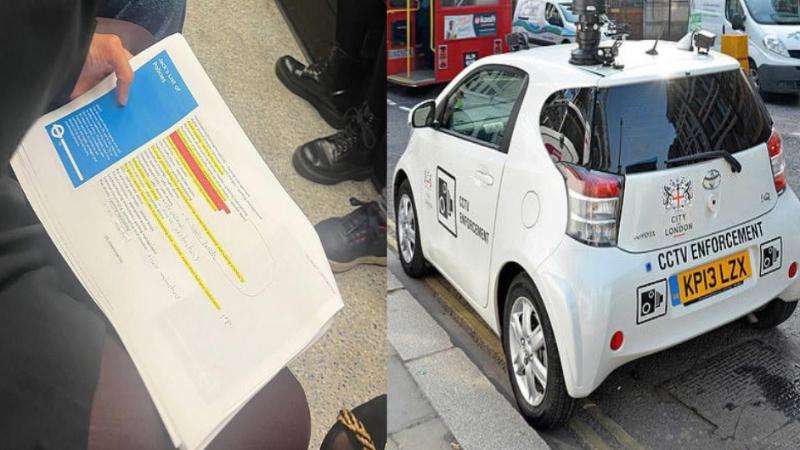In its
Autumn Statement published on November 22, 2023, the UK Government proposed immigration reforms that would simplify and widen visa requirements for business visitors in the UK.
This amendment expands the rules for business visitors to enable business professionals to engage in a wider range of permitted activities and paid engagements within companies, including the application of the legal services sector. The scope has been expanded and it is scheduled to come into force from January 2024.
During 2024, the government will consider possible further improvements to the rules for business visitors and further improvements to the provisions regarding trade negotiations.
The Statement explains that the changes are being introduced because it is “vital that businesses can access the talent they need”, and to deliver on the 2023 Spring Budget’s commitment to make it easier and more attractive to do business in the UK.
Given that these changes laid out in the Autumn Statement relate to short-term business visas, they do not impact on the overall level of net migration. The Home Office is reportedly considering introducing measures to cut legal migration to the UK and reduce the “abuse” of work visas by increasing salary thresholds and limiting the number of dependants overseas workers can bring under certain routes.
Once the reforms have been introduced, multi-national businesses looking to send assignees to the UK for business activities and engagements may be able to use the more affordable and flexible visit visa option instead of applying to sponsor the worker under the Senior or Specialist Worker route.
Visa options for business visitors
Most foreign nationals wishing to undertake business trips to the UK will apply for a Standard Visitor visa. You can visit the UK as a Standard Visitor for tourism, business, short-term study and other permitted activities.
Under this visa category, you can visit the UK for up to 6 months to do the following business activities:
- Attend interviews, meetings, conferences and seminars.
- Negotiate and sign deals and contracts.
- Attend trade fairs to promote your business (you cannot sell things).
- Get work-related training if you’re employed overseas and the training is not available in your home country.
- Give a one-off or short series of talks, as long as they’re not for profit or a commercial event (you must not be paid).
- Carry out site visits and inspections.
- Oversee the delivery of goods and services provided by a UK company to your overseas company or organisation.
- Deliver training or share knowledge on internal projects with UK employees of the company you work for overseas.
- Install, dismantle, repair, service or advise on equipment, computer software and hardware, if your overseas company has a contract with a UK company or organisation.
However, you cannot do paid or unpaid work for a UK company or as a self-employed person on a visit visa. You must apply for a work visa instead.
If you’re being paid by a UK organisation as an expert in your profession, you may be eligible to apply for a
Permitted Paid Engagement Visitor visa. This visa allows you to visit the UK for up to 1 month, if you have a written invitation from a UK-based organisation or client and can show that you’re an expert in your profession.
Specific details on the upcoming changes to permitted activities and paid engagements for business visitors has not yet been revealed. In the meantime, employers sending staff to the UK for business visits should be aware of the current rules and ensure their employees will only be conducting permitted activities in the UK.
If the international assignee is employed by a connected branch of your company overseas, they may be eligible to apply for a Senior or Specialist Worker visa instead, which will allow them to work for your company in the UK on a temporary assignment.
Changes to the Youth Mobility Scheme
In addition to tourist visa reforms, the Autumn Statement also outlined changes to be introduced to the Youth Mobility Programme. This temporary visa category allows young people between the ages of 18 and 30 (for applicants from New Zealand, he is between 18 and 35) to live in the UK for up to two years without needing support from an employer.
The government is signing and expanding new and existing Youth Mobility Schemes to make sure the next generation of talent have a wide range of opportunities to live, work and travel abroad and experience other cultures.
This year the government has increased the places available on the YMS with Australia and Canada by 7,000 and, for 2024, added a further 9,100 places through new and expanded agreements, including with Japan and South Korea.
In 2023 the government has also expanded the eligibility and length of stay available for participants from Canada, New Zealand and Australia.




.jpg)


.svg)

